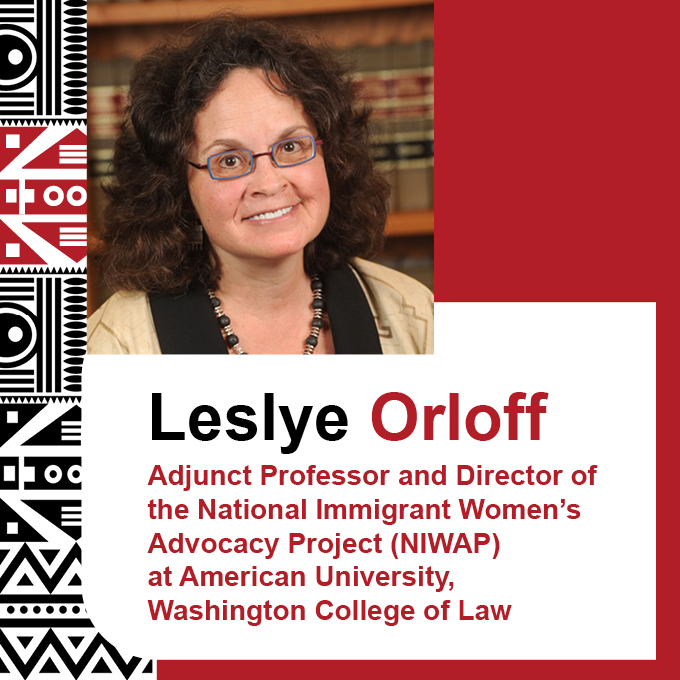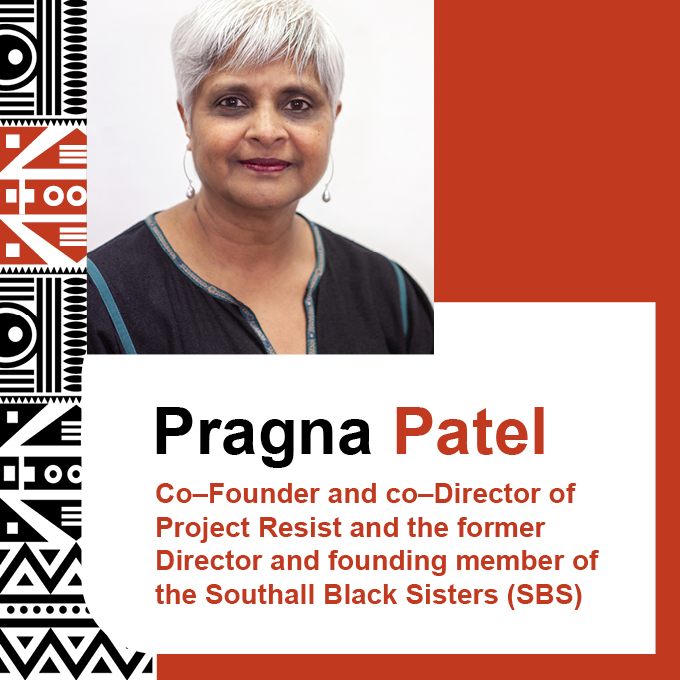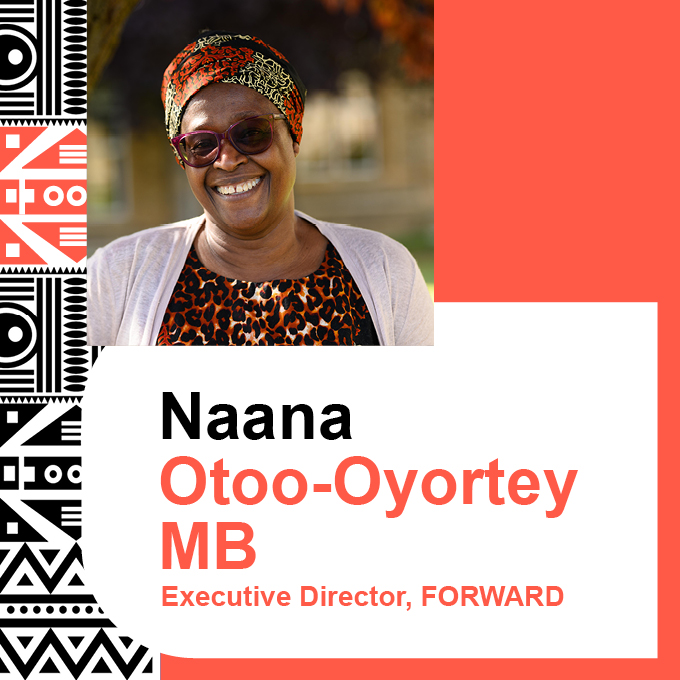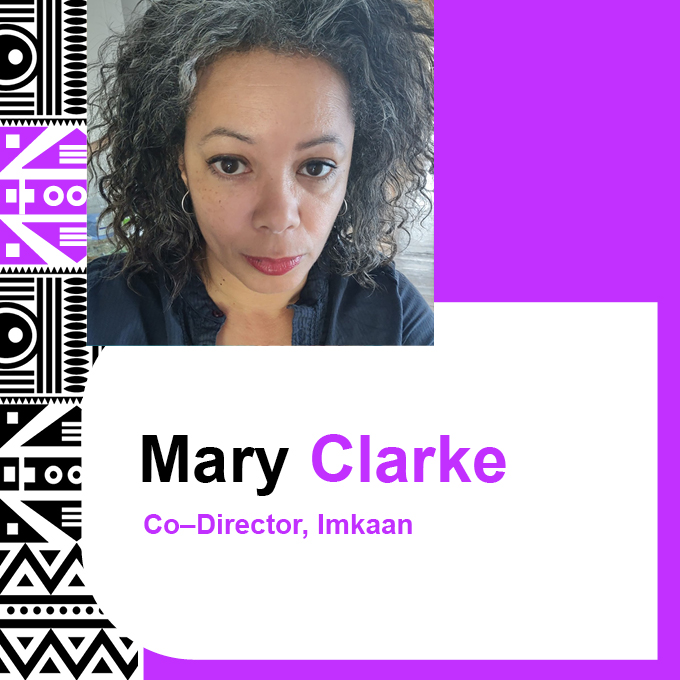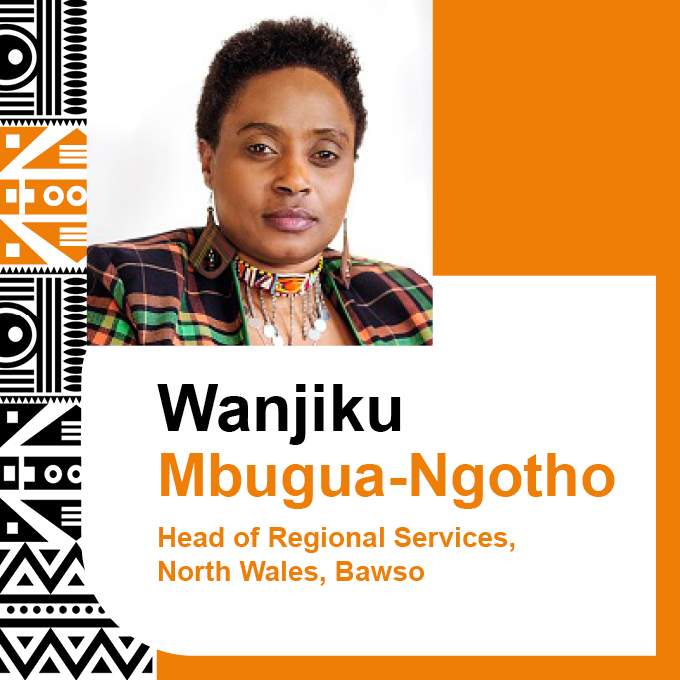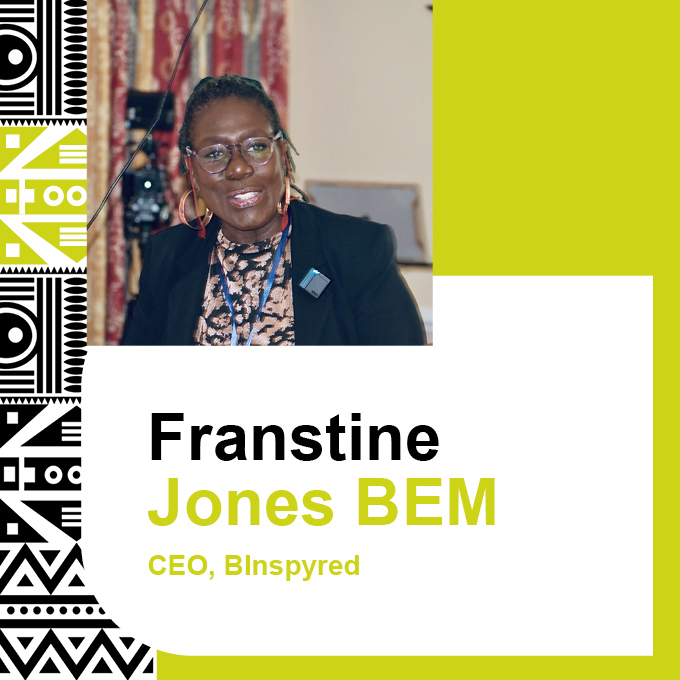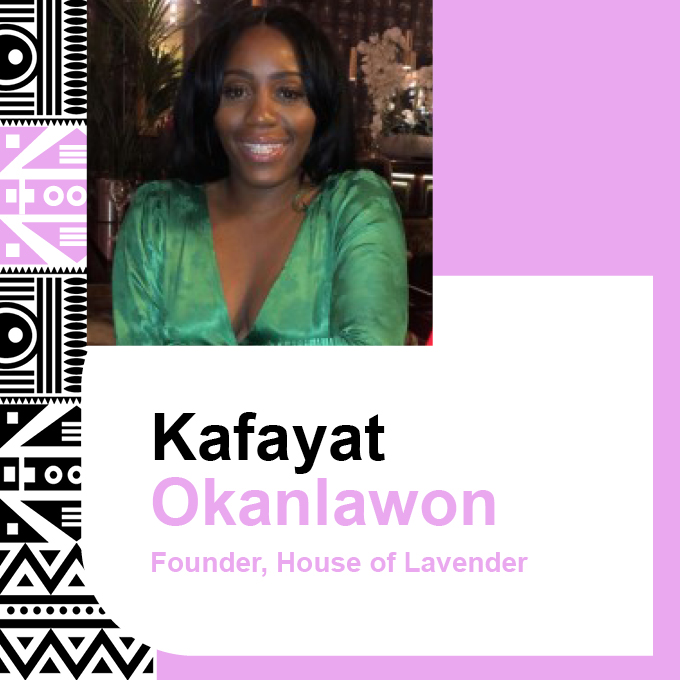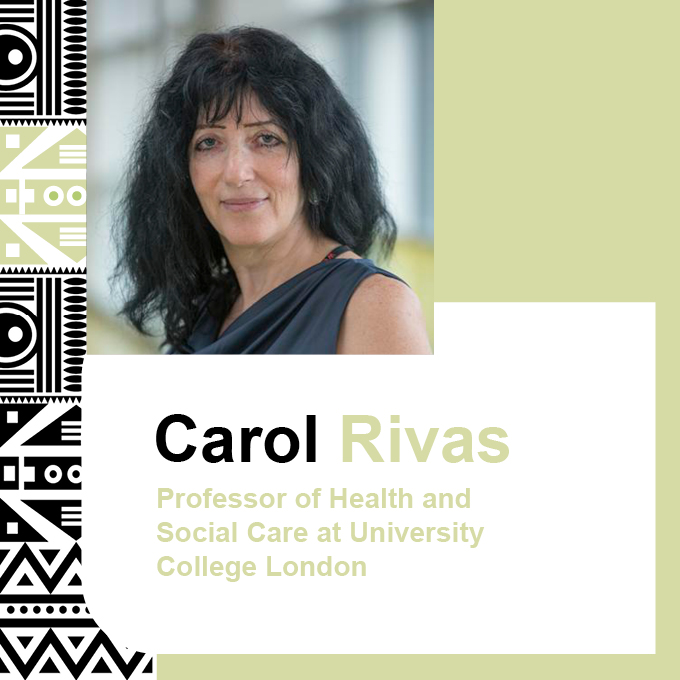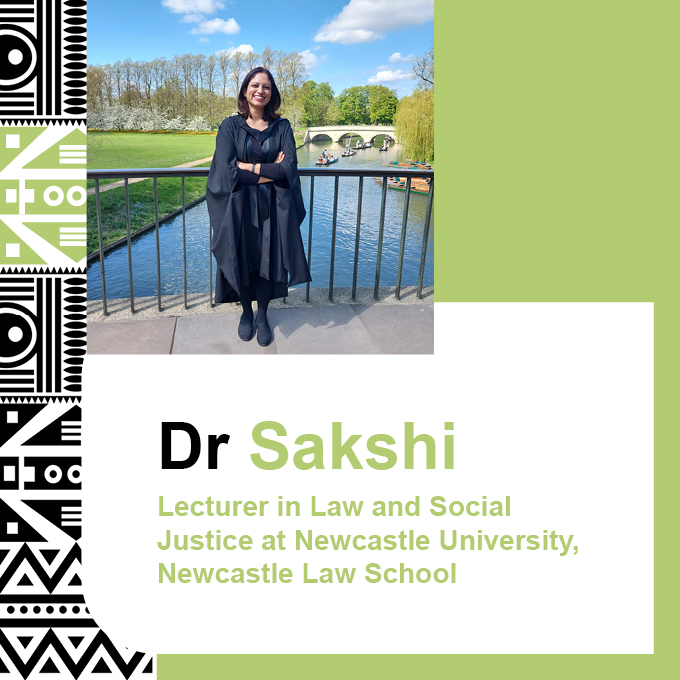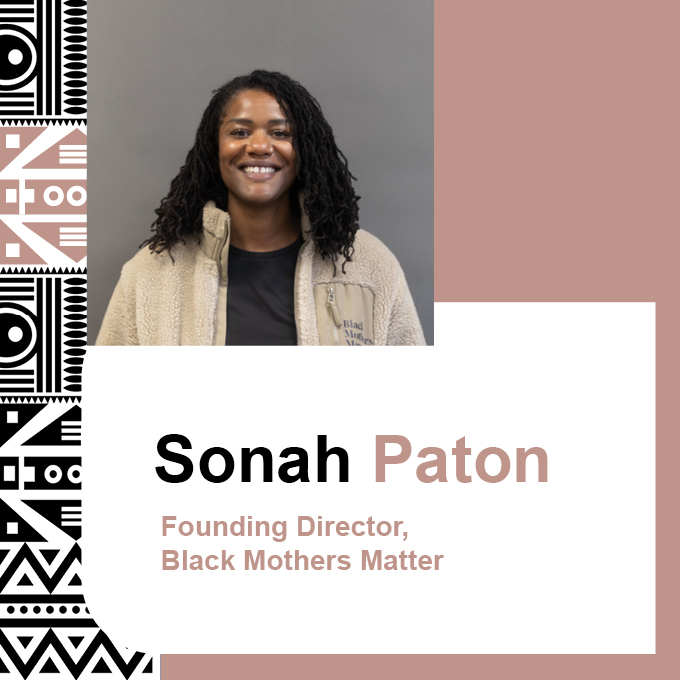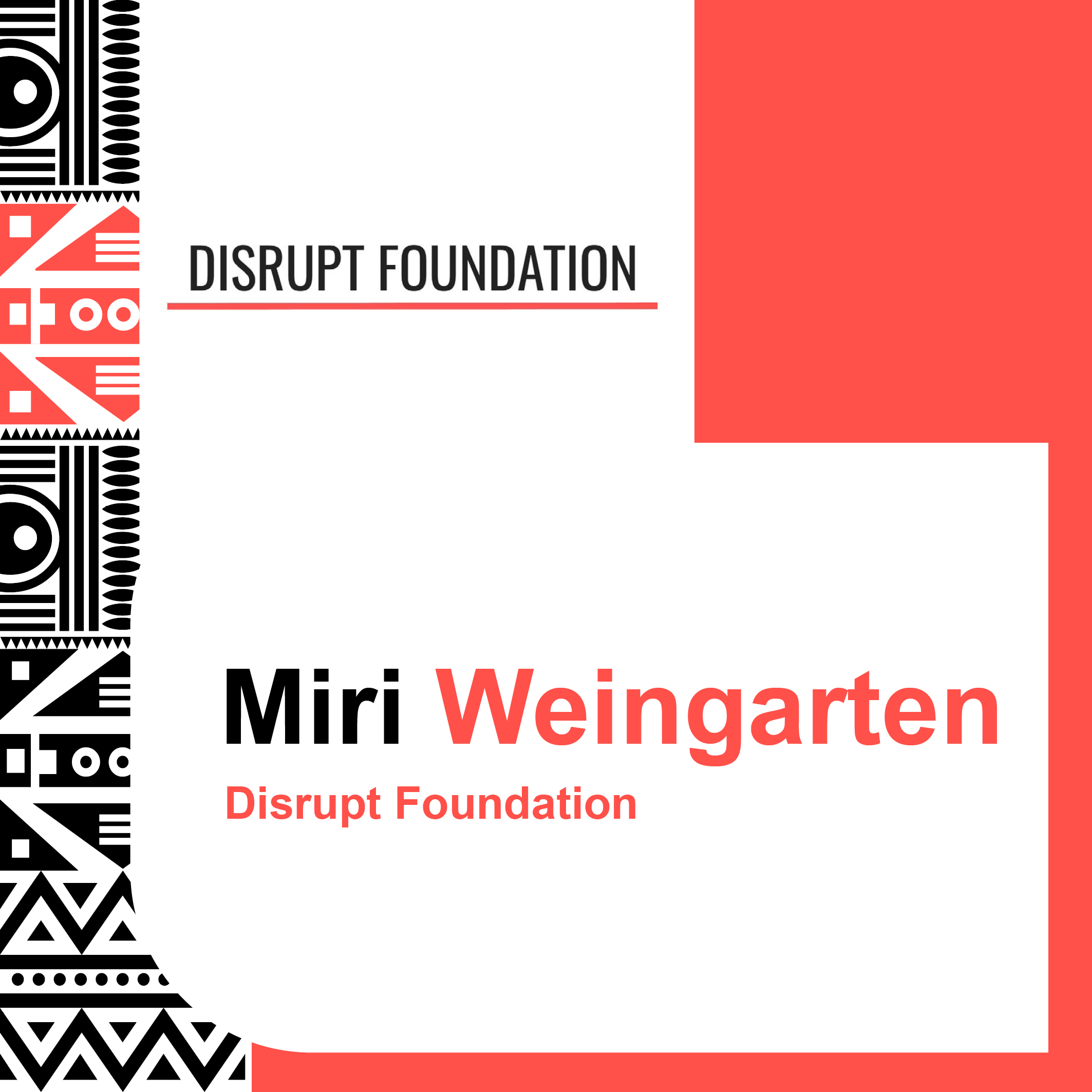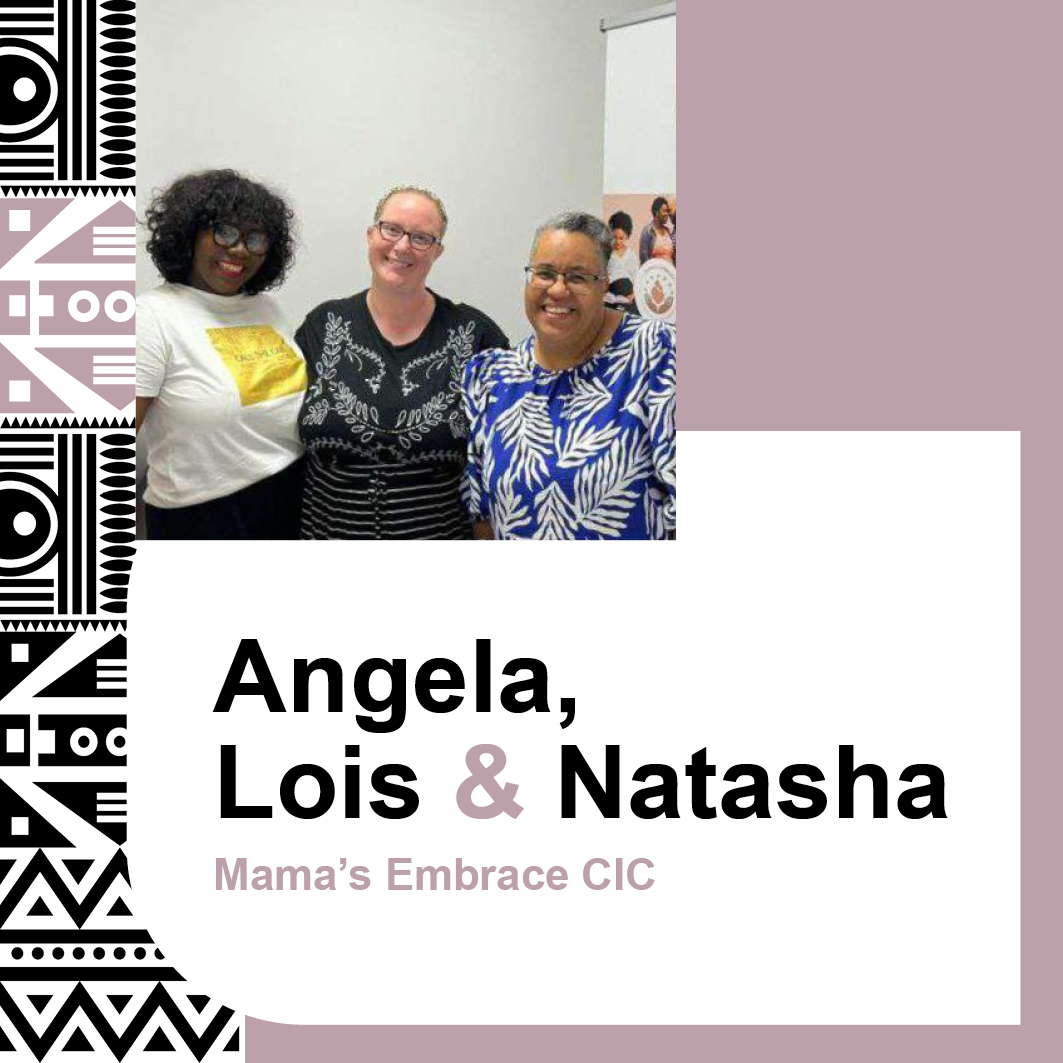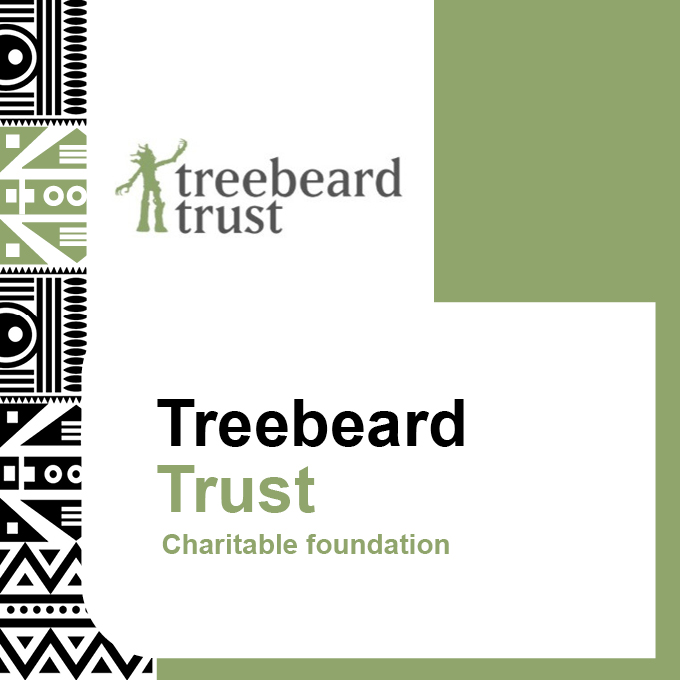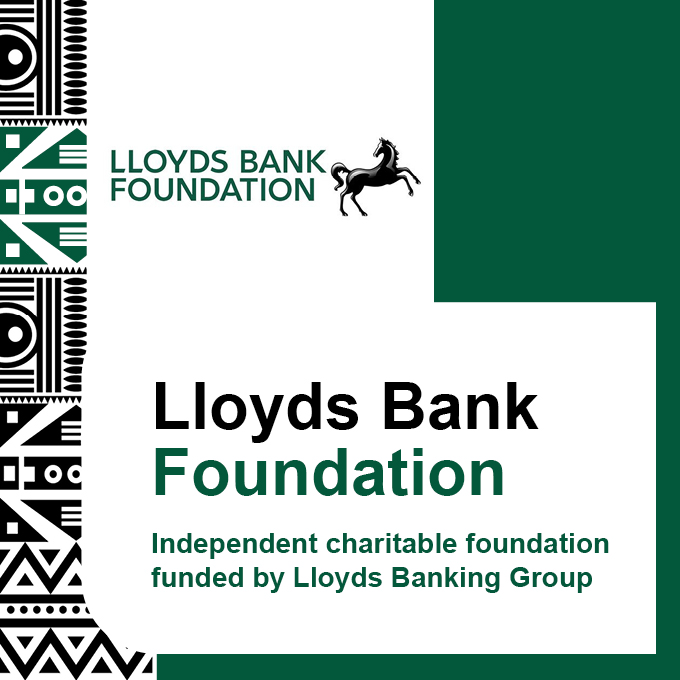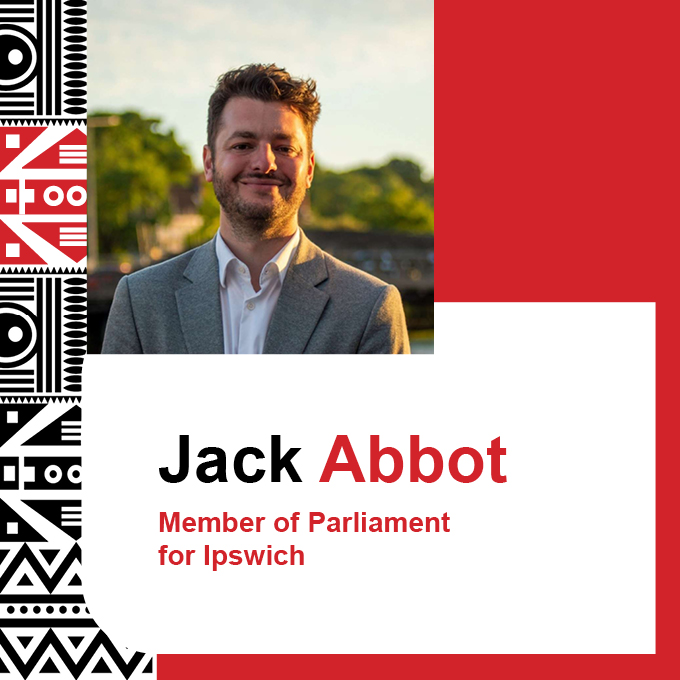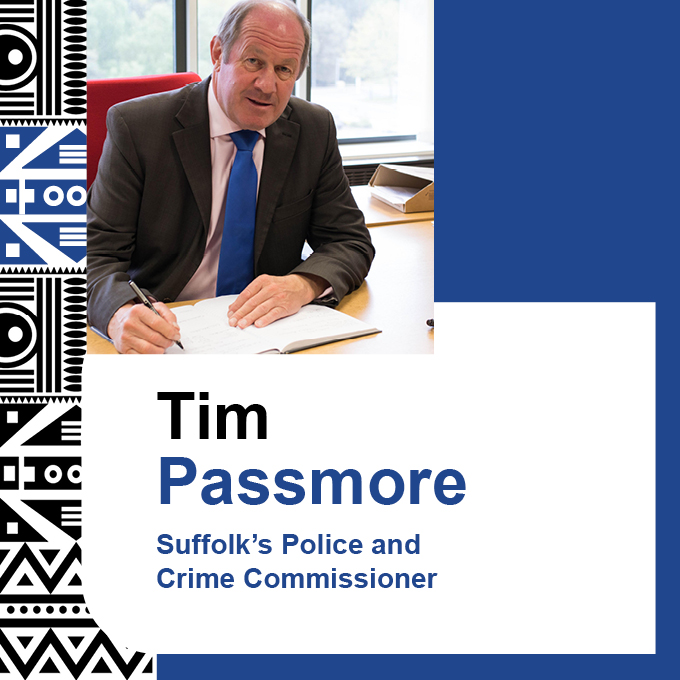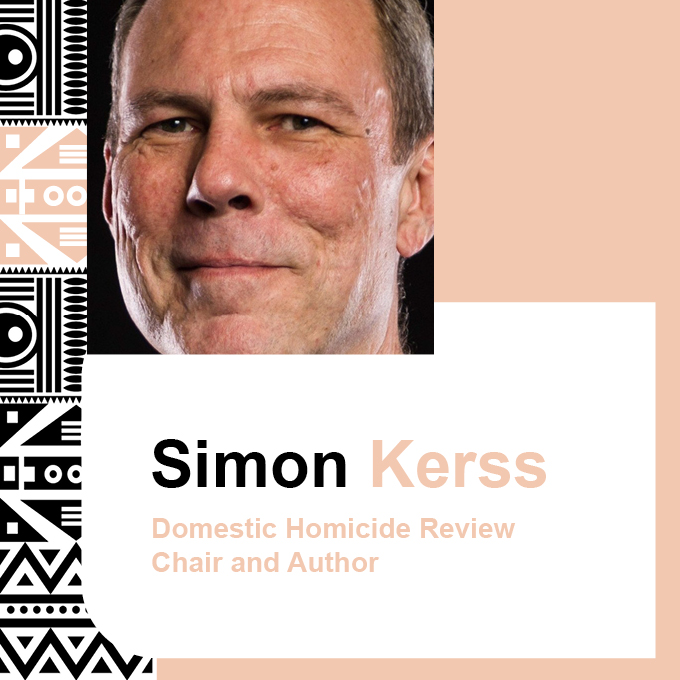
Gender Justice & Intersectional Practice Conference
Confirmed Speakers
Keynote Speakers:
Panel Speakers:
PLENARY– Violence & Abuse
Black and minoritised women continue to face barriers as a result of racism and inequality that make it difficult for them to escape abusive relationships. Migrant women in particular face violence before, during, and after the migration journey. They are also particularly vulnerable to immigration abuse and modern slavery, with perpetrators triggering their fear in authorities to keep them from reporting violence against them.
Kafayat Okanlawon
Founder of the House of Lavender, a community organisation centering the needs, growth and healing of Black women and girls through events, workshops, and resources.
Naana Otoo–Oyortey MBE
Executive Director of FORWARD, an African women-led organisation working to end violence against women and girls.
Pragna Patel
Co–Founder and co–Director of Project Resist and the former Director and founding member of the Southall Black Sisters (SBS)
Tim Passmore
Suffolk’s Police and Crime Commissioner
Carol Rivas
Professor of Health and Social Care at University College London
Jack Abbott MP
Member of Parliament for Ipswich
Wanjiku Mbugua-Ngotho
Head of Regional Services for Bawso who has worked to tackle all forms of domestic abuse and violence in Wales since 1995.
Panel 1 – The Importance of Funding
Despite the growing evidence base for funding specialist women’s organisations, we continue to face a volatile funding climate that shows we are not valued as much as larger, mainstream service providers. There is also a reluctance amongst funders to provide core or unrestricted grants, which is essential for smaller organisations to sustain themselves and their day – to – day work. This conference aims to explore ways to address this issue.
Panel Chair: TBD
Panel Speakers:
Miri Weingarten, Disrupt Foundation
The disrupt foundation is a proactive grant maker who seeks to disrupt the status quo of social injustice by amplifying the voices of organisations who are tackling root causes through an intersectional, sociopolitical and gender approach. Their grant making is focused on organisations from marginalised communities that engage with Migrant Rights and Racial Justice and Social and Economic Rights.
Frances Warwick, Lloyds Bank Foundation
The Lloyds Bank Foundation provide flexible, unrestricted funding as well as development support to grantees through their ‘Racial Equity’ and ‘Small but Vital’ grant–giving programmes.
Jessamy Gould, Treebeard Trust
The Treebeard Trust are proactive grant makers, with refugees, migrants, and violence against women and girls at the heart of their grant – making.
Panel 2 – Reproductive Justice
The principles of reproductive justice are the right to not have a child, the right to have a child, and the right to parent a child in safe and healthy environments. The intersecting inequalities that black, minoritised and migrant women face threaten their right to reproductive justice. Through access to quality healthcare, housing, education, a living wage, and a healthy environment, mothers will have access to dignified human experiences and these things are a human right.
Panel Chair: TBD
Panel Speakers:
Sonah Paton
Co – founder of Black Mothers Matter, who address the disparities in outcomes and experiences for Black women compared to others.
Tendai Nzirawa FRCN
Maternity Clinical Improvement Lead, Health Innovation East
Mama’s Embrace
Mama’s Embrace provide pre-conceptual and perinatal support up to one year post birth for mothers from black and black mixed-heritage backgrounds. Scotland.
Panel 3 – Best Practice
Kimberle Crenshaw states that “If you are standing in the path of multiple forms of exclusion, you’re likely to get hit by all.” It is imperative that service providers are aware of the compounding challenges that minoritised and migrant women are faced with. An approach to service provision that fails to consider the intersecting needs of migrant and minoritised women will leave many of their struggles unaddressed. Holistic support services promote inclusivity and ensures no woman is left behind.
Panel Chairs:
Leslye Orloff Director
National Immigrant Women’s Advocacy Project (NIWAP)
Pragna Patel
Co-founder and co-director of Project Resist and former director and founding member of the Southall Black Sisters (SBS)
Panel Speakers:
Mollin Delve
P.H.O.E.B.E CEO
Simon Kerss
Domestic Homicide Review Chair & Author


